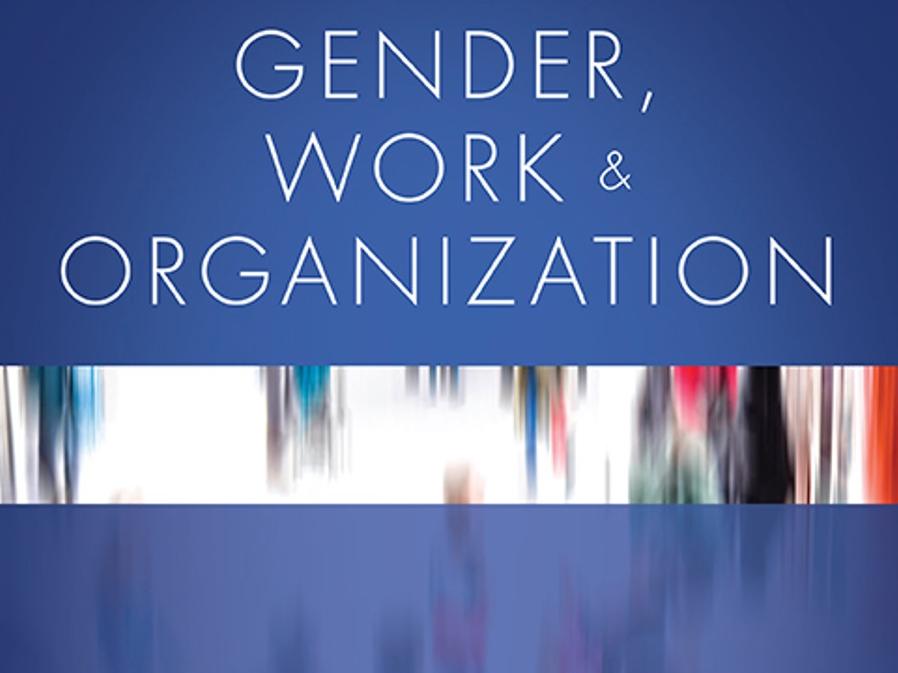Persistent Pandemic : The Unequal impact of COVID labor on Early Career Academics
Article paru dans GWO. Auteures : Isabelle Zinn et Edmée Baillif

Abstract
The COVID-19 pandemic has not only highlighted preexisting inequalities in academia but has also exacerbated them while giving rise to novel forms of disparities. Drawing upon our experiences as women, parents, and early career academics (ECAs) in Switzerland and enriched by feminist theory on reproductive labor and carework, we examine the unequal impacts of the pandemic. First, our analysis reveals how the pandemic disproportionately impacted ECAs, a group already in a position of precarity within academia. Second, we identify the broad range of tasks brought about by the pandemic as “COVID labor”. This essential labor—undervalued, invisible, and often unpaid—had a particularly negative impact on ECAs. Third, looking at various intersections of difference, we emphasize that the experience of COVID labor was far from uniform among ECAs with institutional responses disregarding its extent and unequal distribution. In conclusion, we underscore the importance of acknowledging the long-term consequences of COVID labor on ECAs, particularly those belonging to underrepresented groups. Neglecting these issues may lead to the loss of a wide range of talented scholars for reasons that are not related to the quality of their academic performance.